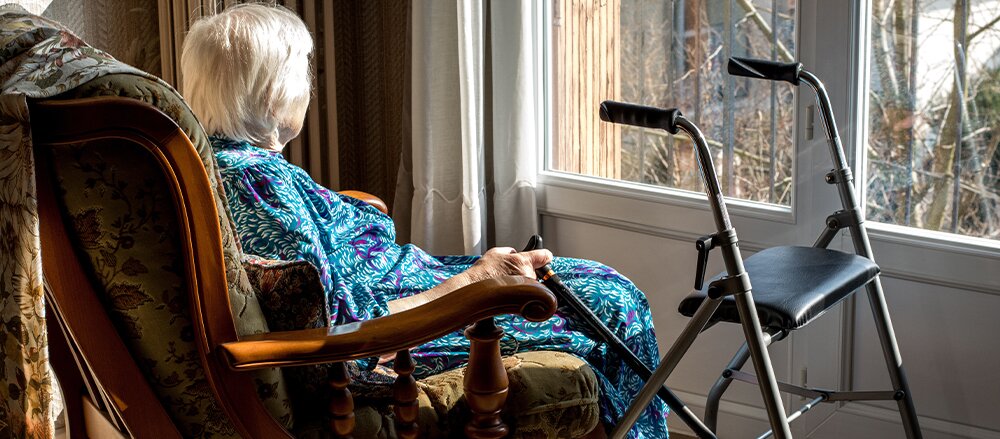Financialization of Old Age
18 December | Jorgemar Felix Seminar
Thursday
18
December
2025
6:00 pm
7:30 pm

Financialization of Old Age: Care Costs and Indebtedness among Older Women in Brazil and France - Seminar in French
Published at 17 June 2025






